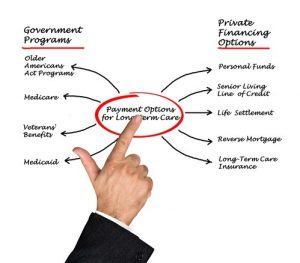Restorative Tax Exemptions for New York Property Owners
When you own a piece of real property in New York State, your circumstance dictates whether or not you are entitled to certain tax exemptions.
What does this mean? Your personal residence may qualify for a number of exemptions based on factors such as whether you are a senior citizen, have financial difficulty, or are a veteran. In addition, if you and your spouse earn under $500,000 per year, then you could file for the STAR exemption for your personal residence.



